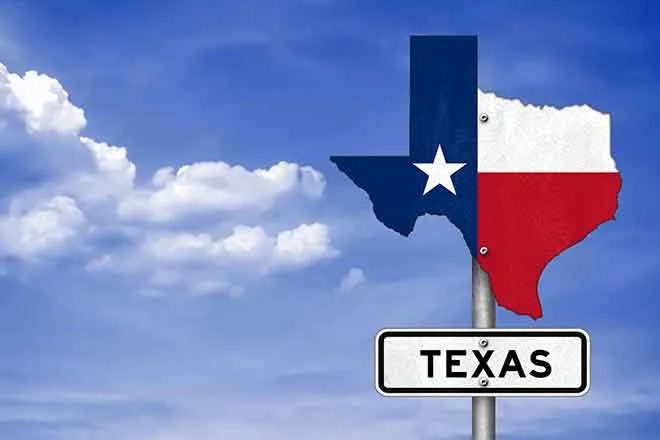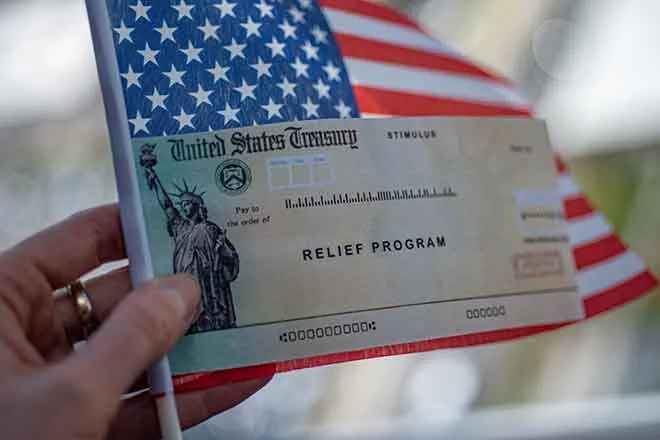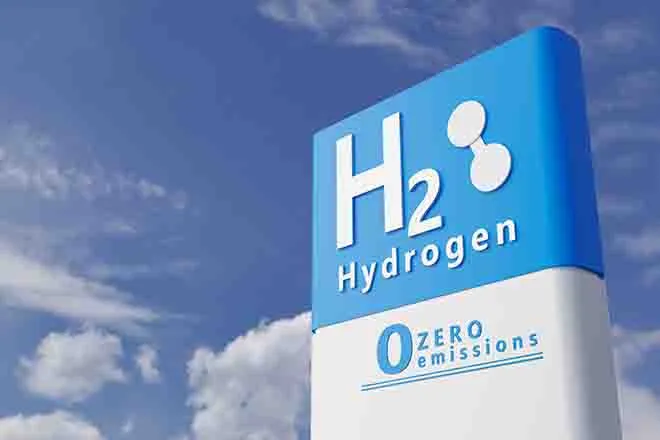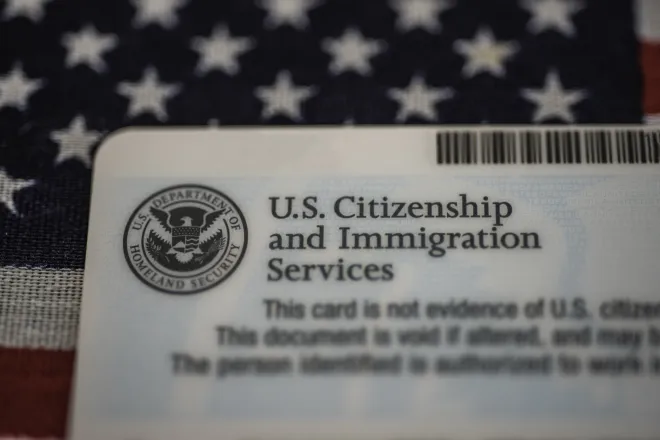
Budget surplus triggers tax credit, to help Nebraska farmers, families
(The Center Square) – Nebraska’s budget surplus is particularly good news for the state’s farmers, Mark McHargue, Nebraska Farm Bureau president, said.
Thanks to the Nebraska Property Tax Incentive Act (LB 1107), which was signed into law last summer, any time state tax receipts increase by more than 3.5% from one year to the next, income tax credits on local school taxes are automatically triggered.
“We’ve got surpluses, so we are going to see really, really nice credits given,” McHargue said. “It’s a big win. We’ve been working on that for a long time. Nebraska is historically a high property tax state. We’ve got extra money. Let’s reduce our tax burden.”
The refundable income tax credit will literally put money back into the pockets of farmers, McHargue said.
“There was discussion whether that bill was really going to be impactful or not,” he said. “But it’s turned out to be a great program, right now anyway.”
The LB 1107 credit in fiscal year 2022 will be about $548 million and by law will not drop below that through fiscal year 2024, Craig Beck, senior fiscal analyst for the nonprofit OpenSky Policy Institute, told The Center Square.
The state brought in nearly $1 billion more last fiscal year than projected. But part of the reason for that was that the state’s income tax deadline was extended from April to July in 2020 at the height of the COVID-19 pandemic. That change shifted $280 million from fiscal year 2020 to fiscal year 2021, Beck said.
Property owners will receive credits when they file their 2021 tax returns equal to an estimated 22% of the property taxes they paid to schools, McHargue said.
However, it’s not certain whether the state’s economy will continue to grow as rapidly as it has been, particularly when federal COVID-19 assistance to the state slows, Beck said.
“There are nuances as to why we are showing that we were nearly $1 billion above our certified forecast last fiscal year,” Beck said. “When you take those nuances into consideration, it’s a considerably less rosy picture, one that presents the need for caution moving forward.”
















